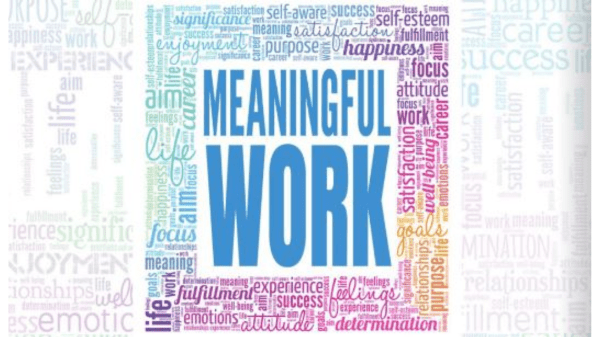The twentieth century saw an explosion of success literature in the United States, with tens of thousands of books published and many millions sold.
For all their huge numbers, they are often quite similar, repeating the same advice—perhaps because the authors lack originality, or perhaps because a few principles have been tried and proven to work (for an engaging history of this literature, see Mitch Horowitz’s book, One Simple Idea: How the Lessons of Positive Thinking Can Transform Your Life).
Of these books, by far the most influential is Napoleon Hill’s Think and Grow Rich, first published in 1937. The title is somewhat misleading, making the process sound like the lazy man’s way to success. But the book’s program is different.
Hill claimed to have interviewed hundreds of the most successful people in the United States of his time, starting with steel magnate and philanthropist Andrew Carnegie. Based on this knowledge, Think and Grow Rich outlines a program for success that some have claimed enabled them to become millionaires.
One step is assembling what Hill calls a “Master Mind”—a group of like-minded people who can meet regularly to work on one another’s problems, give encouragement, and monitor success.
The fundamental step, however, lies in this: “You are asked to write out a statement of your major purpose, or Definite Chief Aim, commit it to memory—in audible words, day after day—until these vibrations of sound have reached your subconscious mind.”
For Hill, self-suggestion is an extremely important part of the process, but it will only work if the idea is firmly implanted in the subconscious. He also advises keeping this aim private instead of sharing it with others.
There is not the space here to outline Hill’s entire program, but this point brings us round to the central question: how do you have purpose in your life?
By Hill’s view, you select one. Maybe it’s something you already know but have not managed to articulate, as Wendy McManus, a leadership coach who specializes in the produce industry, implies.
Maybe you need to consult with a higher power, as Hansen suggests.
In any case, having a central goal or purpose in life is like a magnet: suddenly it attracts and centers all the powers within a person and brings them much closer to achieving what they want.
Another popular author in the motivational field, Brian Tracy, also emphasizes goals in his book, Get Rich Now.
According to Tracy, the “top 3 percent” of the population—those who have achieved measurable success—“have clear, specific, written goals and plans that they work on, just as an architect designs a beautiful building and continually refines the blueprints.
“Those in the top 3 percent work on the basis of written goals and plans. These people earn ten times as much as the average, acquire ten times as much, and have much better lives.”
So, here’s one answer to finding meaning and purpose in life: create it. It’s a bootstrap process.
This is an excerpt from a feature story in the September/October 2022 issue of Produce Blueprints Magazine. Click here to read the whole issue.



